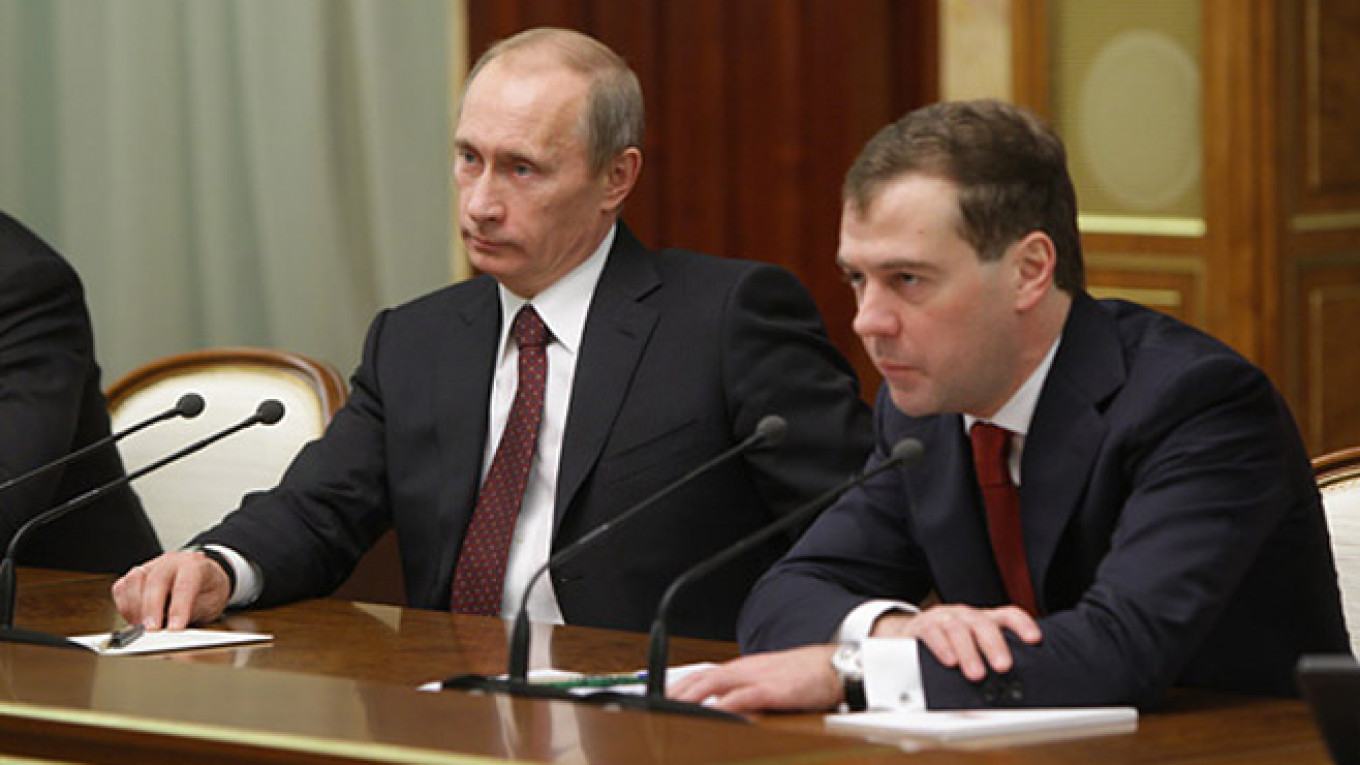 Konstantin Sonin
Konstantin SoninSo many changes have occurred in Russia in recent months that the stability of state institutions and policies have come into question. Some of the changes have been obvious — for example, the renewed focus on the military and state security is reflected in the budgets of recent years.
Policymakers are now beginning to discuss a possible shift of foreign exchange reserves in favor of the yuan, a strategic default on the debt of state-owned companies and the nationalization of overseas assets.
These measures seemed unthinkable only a short time ago but are now the subject of discussion. The question is not whether Russia can implement them. It can. The question is how high a price it will pay for them, including the proposal to create a national payment system, should that idea ever become a reality. But since Russia has decided to carry those costs, there is nothing left to do but push ahead.
But it is physically impossible to eliminate reliance on certain government institutions — not because it would be unprofitable to do so, as in the examples above, but because there is simply no way a government can function without them.
Even if the president, the State Duma and the entire executive branch of government all decided to try to function without these institutions, and they all banded together to accomplish it, nothing would change.
The laws of physics are not subject to debate. That's just the way the world works.
For example, a market economy and private property are two such immutable institutions that lawmakers have recently brought into question. Those two institutions are inextricably linked. It is impossible to switch to a system of central planning without eliminating private property. Setting prices through government directives will only deprive citizens of at least part of their well-being.
Those who lack an understanding of how the modern economy works have fallen victim to illusions connected with the possible transition to a planned economy.
The fact that government actions have a significant impact on what is happening in the market does not in any way mean that Russia is already close to a planned economy.
State-owned companies and even several government agencies are structured entirely in accordance with market principles. Their employees — including senior executives — take this or that action based not on orders from above, but because it makes good economic sense and generates profit. Notably, in a planned economy the directors of state-owned companies would receive significantly lower salaries than they earn now.
Some people might argue that it is possible to abolish private property and divest part of the population of its holdings. Russia itself carried out this program 100 years ago when the Bolsheviks took power.
I am not arguing that a revolution is capable of abolishing capitalism. But history has yet to produce a single example of a ruling regime that would plan and execute a revolution resulting in its own overthrow — and all for the sake of turning back the clock 100 years.
Konstantin Sonin, a columnist for Vedomosti, is professor of economics and vice rector at the Higher School of Economics in Moscow.
A Message from The Moscow Times:
Dear readers,
We are facing unprecedented challenges. Russia's Prosecutor General's Office has designated The Moscow Times as an "undesirable" organization, criminalizing our work and putting our staff at risk of prosecution. This follows our earlier unjust labeling as a "foreign agent."
These actions are direct attempts to silence independent journalism in Russia. The authorities claim our work "discredits the decisions of the Russian leadership." We see things differently: we strive to provide accurate, unbiased reporting on Russia.
We, the journalists of The Moscow Times, refuse to be silenced. But to continue our work, we need your help.
Your support, no matter how small, makes a world of difference. If you can, please support us monthly starting from just $2. It's quick to set up, and every contribution makes a significant impact.
By supporting The Moscow Times, you're defending open, independent journalism in the face of repression. Thank you for standing with us.
Remind me later.








